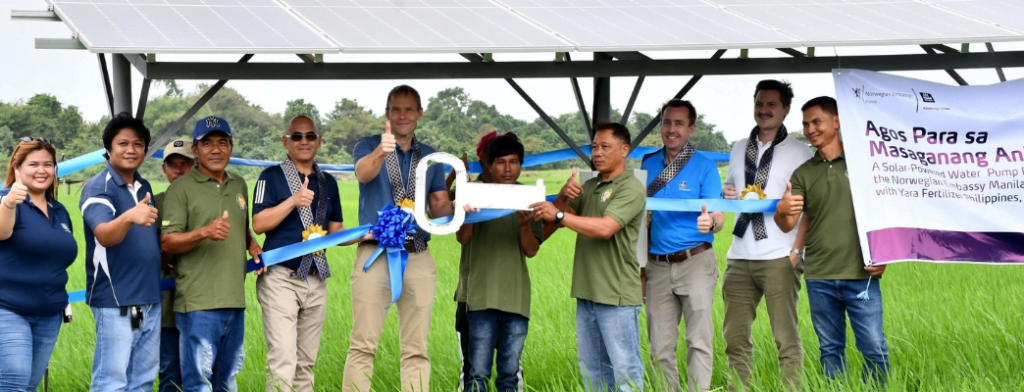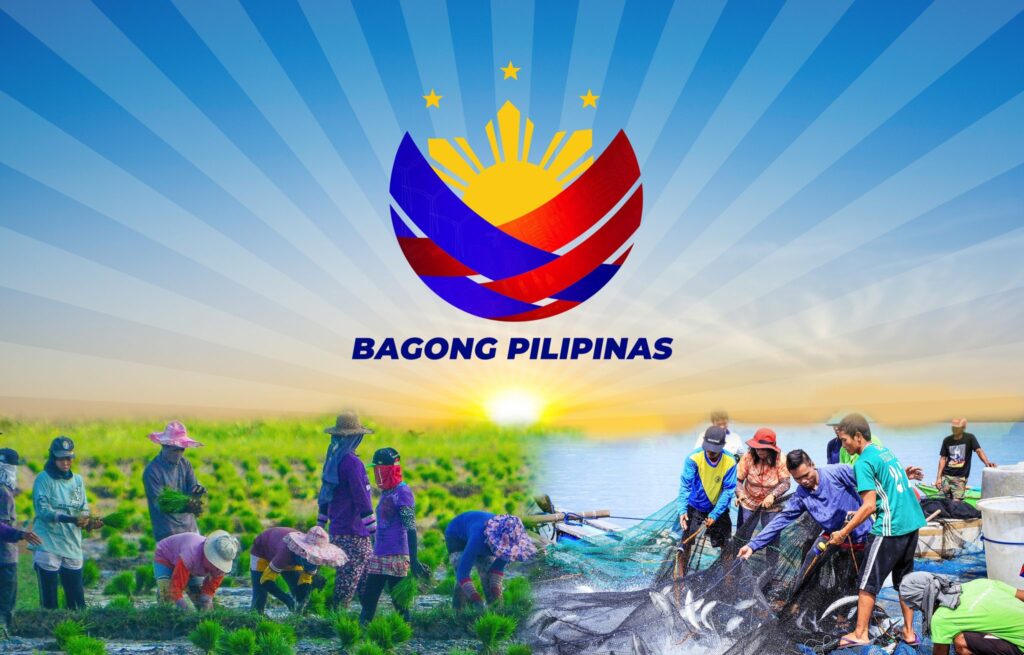
Introduction
In response to the growing concerns over rice supply and rising prices, the Department of Agriculture (DA) has urged the Philippine Ports Authority (PPA) to fast-track the release of container vans filled with imported rice. This initiative is a crucial part of the government’s strategy to stabilize the rice market and ensure that adequate supplies reach consumers on time. With rice being a staple food for millions of Filipinos, any supply disruptions can lead to significant economic and social consequences.
The DA’s call for prioritizing rice shipment movements is not just about logistics; it reflects the broader efforts to address agricultural challenges, secure food availability, and protect the interests of both farmers and consumers. This article delves into the implications of the DA’s request, exploring the current state of rice supply, the role of imports, and the importance of efficient port operations in maintaining food security.
The Importance of Rice in the Philippines
Rice is more than just a food commodity in the Philippines; it is a symbol of cultural and social identity. For many Filipinos, rice is a staple that accompanies nearly every meal. Its availability and affordability have a direct impact on the quality of life, particularly for low-income households. When rice prices soar or when supply dwindles, it sparks widespread concern.
In recent years, the country has faced periodic rice shortages due to a combination of factors such as natural disasters, inefficient farming methods, and market fluctuations. The government, through the DA, has sought to mitigate these challenges by importing rice, especially during lean periods when local production cannot meet demand.
However, ensuring that these imports reach markets efficiently is a major challenge, particularly when delays occur at the ports. This is why the DA is advocating for the prioritization of rice shipments to avoid further strain on the country’s rice supply chain.
Challenges at Philippine Ports
The Philippine Ports Authority (PPA) plays a critical role in the flow of imported goods into the country, including rice. However, logistical bottlenecks, regulatory hurdles, and congestion at ports can cause delays in the release of essential commodities. In the case of rice imports, these delays can exacerbate supply shortages, contributing to price increases and market instability.
The DA’s appeal to the PPA focuses on addressing these inefficiencies. By expediting the processing and release of container vans filled with rice, the government hopes to minimize supply disruptions and stabilize prices. This is particularly important as the country enters the fourth quarter of the year when demand for rice traditionally rises due to the holiday season.
Why Prioritizing Rice Shipments Matters
There are several reasons why prioritizing the movement of rice shipments is vital:
- Ensuring Food Security
Food security is a top priority for the Philippine government. With millions of Filipinos depending on rice as a staple, any threat to the availability of this commodity can have severe consequences. By prioritizing rice shipments, the DA aims to ensure that rice remains accessible and affordable for consumers, particularly in vulnerable communities. - Stabilizing Prices
Price stability is another key concern. When supply is insufficient, the price of rice inevitably rises, placing a heavier financial burden on consumers. By fast-tracking rice shipments, the DA hopes to alleviate this pressure by increasing supply and stabilizing prices in the market. - Supporting Farmers and Local Production
While rice imports are necessary to fill the supply gap, the DA remains committed to supporting local farmers. However, delays in rice shipments can also impact local markets by creating uncertainty and volatility. By ensuring a steady flow of imported rice, the government can maintain balance in the market while protecting the interests of local producers. - Preventing Hoarding and Speculation
When rice supplies are disrupted, it can lead to hoarding and speculative pricing, further driving up costs for consumers. Prioritizing rice shipments helps to mitigate these risks by ensuring that supplies are available and distributed in a timely manner.
The Role of PPA in Food Security
The PPA’s role in this process cannot be overstated. As the primary agency responsible for managing port operations, the PPA has a direct impact on the movement of goods into the country. Delays at ports not only affect rice shipments but can also disrupt the flow of other essential goods, including agricultural inputs, machinery, and fertilizers.
The DA’s call for prioritizing rice shipments is a reminder of the interconnected nature of the country’s food supply chain. Efficient port operations are essential for maintaining the steady flow of goods, reducing costs, and ensuring that commodities like rice reach markets on time.
The DA has proposed several measures to support the PPA in this endeavor, including streamlining customs procedures, enhancing coordination between government agencies, and implementing digital tracking systems to monitor the movement of goods. These steps are designed to reduce congestion at ports and improve overall efficiency in the importation process.
Future Outlook: Long-Term Solutions for Rice Supply Stability
While the current focus is on resolving the immediate issue of rice shipment delays, the DA is also looking at long-term solutions to stabilize rice supply and reduce the country’s dependence on imports. This includes investing in local rice production through improved technology, better irrigation systems, and more support for farmers.
The government is also exploring opportunities to diversify the country’s food sources, encouraging the consumption of other staple crops, such as corn and cassava, which can reduce the pressure on the rice supply. Additionally, efforts are being made to promote climate-resilient farming practices that can help local farmers adapt to changing weather patterns and ensure consistent production.
Conclusion
The DA’s call for the Philippine Ports Authority to prioritize rice shipments highlights the critical importance of efficient port operations in maintaining food security. With rice being a staple for millions of Filipinos, any delay in its distribution can have far-reaching consequences. By addressing these logistical challenges, the government is taking an important step towards stabilizing the rice market, protecting consumers, and supporting local farmers.
The successful implementation of these measures will require the cooperation of multiple stakeholders, including the PPA, customs authorities, and private sector partners. However, by working together, the Philippines can ensure a stable, secure, and sustainable rice supply for the future.

